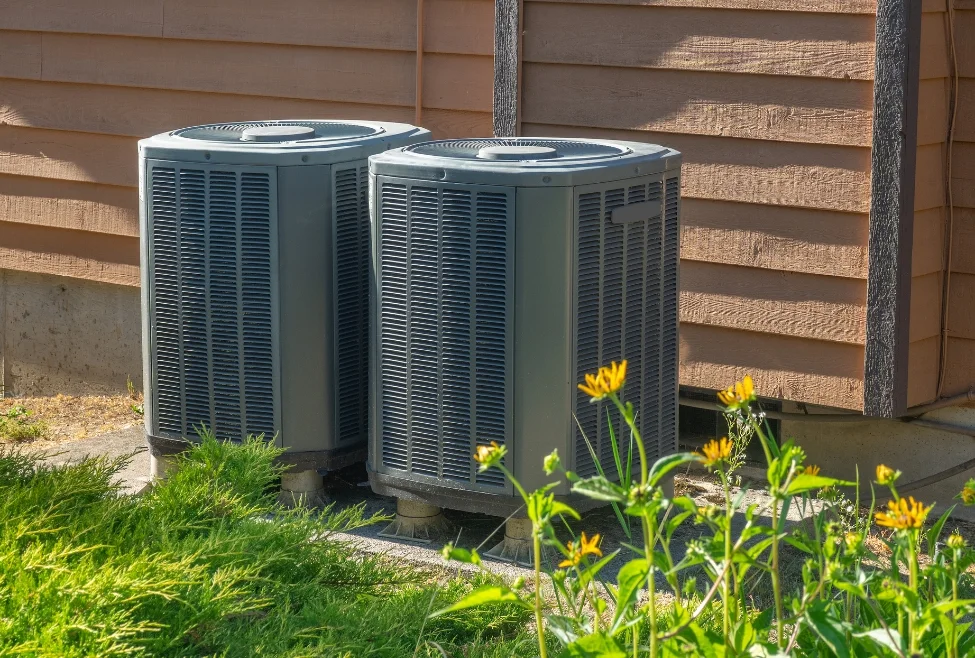
Adapting Your HVAC System for Climate Change: What You Need to Know Nov 01, 2025
Firstly, it's important to conduct a comprehensive energy efficiency audit on your existing HVAC system. This helps you determine how well your system is performing and identifies potential areas for improvement. An efficient system not only reduces energy consumption but also lowers your utility bills. By regularly servicing your HVAC system, you can ensure it operates at peak efficiency. Regular maintenance checks should include cleaning or replacing air filters, checking for duct leaks, and testing thermostat settings.
Embracing newer, eco-friendly technologies is another step toward climate adaptation. Investing in energy-efficient models, such as those with ENERGY STAR certifications, is beneficial for both the environment and your pocket. Modern HVAC systems are designed with advanced technologies such as variable speed motors and smart thermostats. These components work together to adjust energy use based on your home’s specific needs and can significantly reduce your carbon footprint over time.
Insulation plays a crucial role in how well your HVAC system can maintain indoor comfort. By ensuring your home is properly insulated, you reduce the strain on your system. This involves inspecting windows, doors, and even attics for insulation gaps. Sealing these areas can prevent heat loss in winter and keep your home cooler during the summer, making your HVAC system's job much easier.
Considering the regional climate is also vital in selecting the right HVAC equipment. Areas experiencing increased temperatures may benefit from systems designed to cope with prolonged heat, such as heat pumps or high-efficiency air conditioners. Conversely, for regions with colder winters, having a robust heating system ensures you remain comfortable when temperatures drop. Hamilton Weiss Heating and Cooling can provide valuable insights into selecting equipment that best suits your specific climate challenges.
Moreover, consider integrating renewable energy sources into your HVAC system. Options like solar panels not only support sustainability but can also significantly reduce energy costs. The integration of renewable resources is a growing trend and an effective way of adapting to the environmental shifts brought on by climate change.
Finally, educating yourself about climate-responsive HVAC strategies is key to making informed decisions. Keeping abreast of advancements in HVAC technology and understanding your energy needs can empower you to make choices that protect both your comfort and the environment.
In conclusion, adapting your HVAC system to climate change is an essential step toward ensuring year-round comfort while contributing positively to the environment. At Hamilton Weiss Heating and Cooling, we are committed to helping you navigate these changes with tailored solutions that meet your specific needs. By optimizing system performance, embracing energy-efficient technologies, and considering climate-specific equipment, you can create a home environment that is both comfortable and sustainable. We encourage you to contact us for a consultation to begin this essential transition.
/filters:no_upscale()/filters:format(webp)/media/4d9e5fdb-e9a8-473c-a619-09e29ad82f06.webp)
/filters:no_upscale()/filters:format(webp)/media/b7b51504-40a0-406f-9eda-c8be03ba42c4.jpeg)